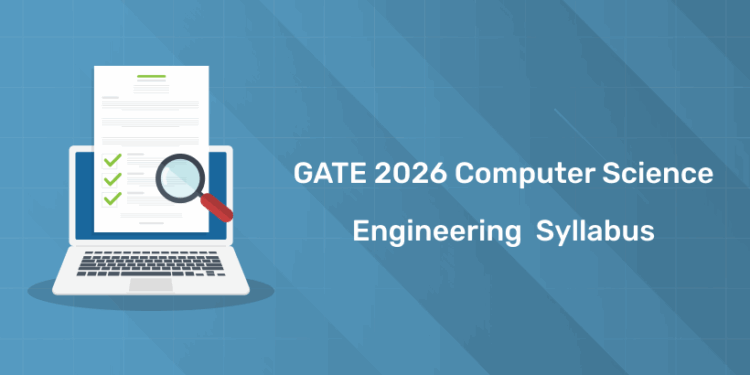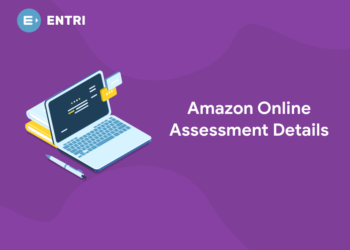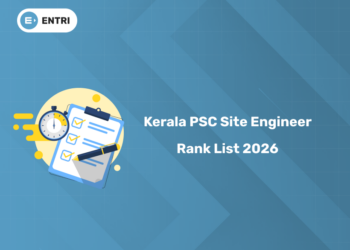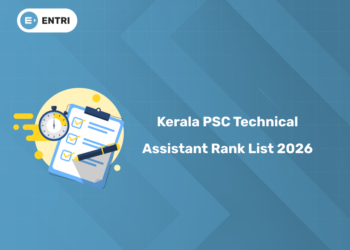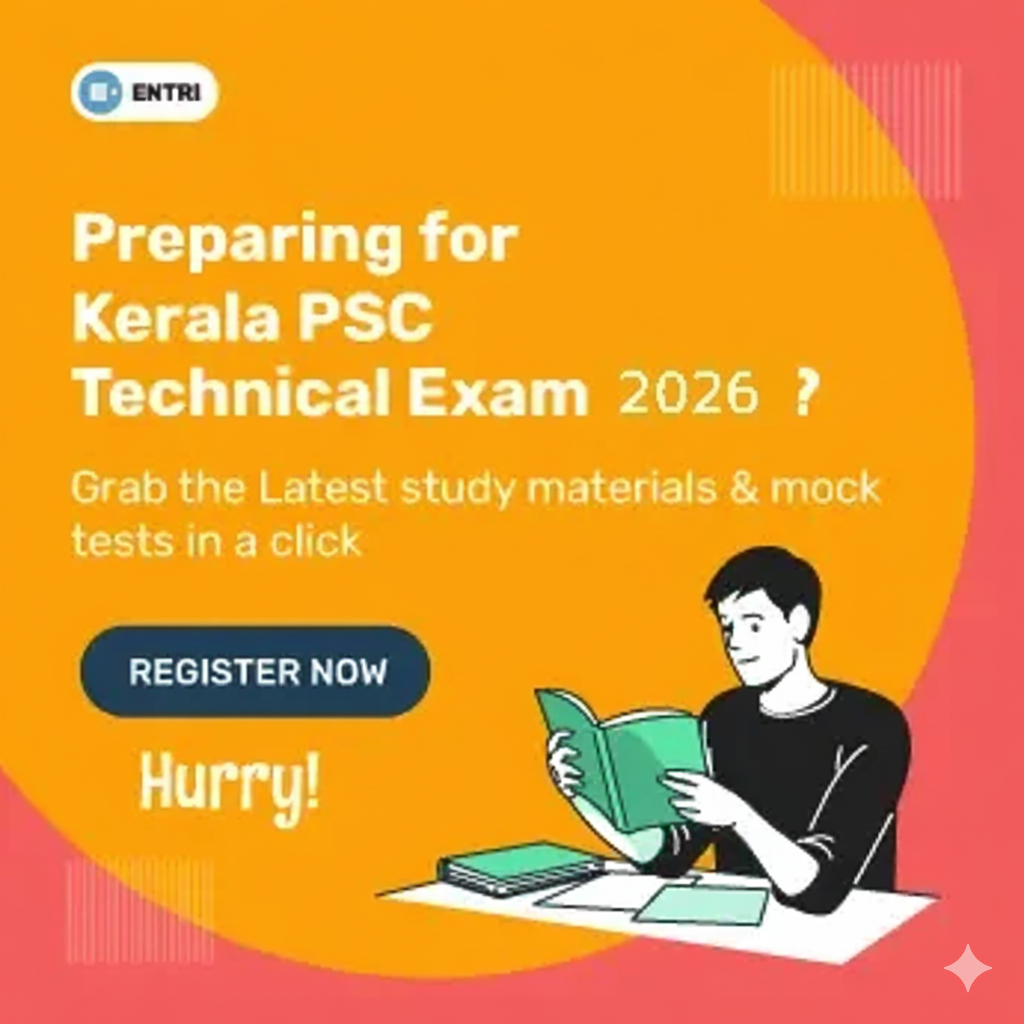Table of Contents
GATE 2026 for Computer Science Engineering (CSE) is a great opportunity for aspirants aiming for M.Tech, PhD, or PSU jobs. To help you prepare better, this blog covers the complete GATE 2026 CSE syllabus and updated exam pattern. Topics include Programming, Data Structures, Algorithms, DBMS, Operating Systems, and more. Read on to download the official syllabus PDF and plan your preparation accordingly!
GATE 2026 Notification Overview
| Particulars | Details |
|---|---|
| Exam Name | GATE 2026 (Graduate Aptitude Test in Engineering) |
| Conducting Institute | IIT Guwahati |
| Exam Level | National |
| Purpose | PG Admissions (M.E., M.Tech, Ph.D.), PSU Jobs |
| Total Papers | 30 (expected) |
| Mode of Application | Online |
| Registration Start Date | August 2025 (Tentative) |
| Last Date to Apply (No Late Fee) | September 2025 (Tentative) |
| Last Date to Apply (With Late Fee) | To Be Announced |
| Exam Dates | 1st & 2nd Weekends of February 2026 (Expected) |
| Admit Card Release | January 2026 |
| Mode of Exam | Computer-Based Test (CBT) |
| Exam Duration | 3 Hours (180 Minutes) |
| Total Questions | 65 |
| Question Type | MCQ, MSQ, NAT |
| Exam Frequency | Once a Year |
| Score Validity | 3 Years |
| Official Website | iitg.ac.in |
GATE 2026 CSE Syllabus PDF –Computer Science Engineering
If you’re aiming to crack GATE 2026 in Computer Science Engineering, having the right syllabus in hand is your first smart move. We’ve added the official GATE 2026 CSE syllabus PDF right here, so you don’t have to search around. It lists every topic you need to focus on—from core subjects to technical sections. Download it below
GATE 2026 CE Exam Pattern – Computer Science Engineering
- Number of Questions: 65
- The General Aptitude section has 5 questions of 1-mark each (sub-total 5 marks) and 5 questions carrying 2-marks each (sub-total 10 marks).
- The engineering Mathematics section will have questions carrying a total of 13 marks. Some of these questions may be of numerical answer type.
- The Computer Science engineering paper will have an objective as well as numerical questions carrying a total of 72 marks.
- For a wrong answer chosen in an MCQ, there will be negative marks. For 1-mark MCQ, 1/3 mark
will be deducted for a wrong answer, and for 2-mark MCQ, 2/3 mark will be deducted.
| Paper Code | General Aptitude (GA) Marks | CS_Engg Maths | Total Marks | Total Time (in minutes) |
|---|---|---|---|---|
| CS | 15 | 85 | 100 | 180 |
GATE 2026 CSE Syllabus – Detailed Computer Science Engineering Topics
Before you jump into preparation, it helps to know exactly what subjects you’ll be dealing with. The GATE 2026 CSE syllabus includes important topics like Engineering Mathematics, Programming, Data Structures, Algorithms, Databases, Computer Networks, and more. Each of these plays a role in shaping your score. Below, you’ll find the complete list—clear and organized—to help you plan what to study, one topic at a time.
Engineering Mathematics
Linear Algebra: Vector space, basis, linear dependence and independence, matrix algebra, eigen values and eigen vectors, rank, solution of linear equations – existence and uniqueness.
Calculus: Mean value theorems, theorems of integral calculus, evaluation of definite and improper integrals, partial derivatives, maxima and minima, multiple integrals, line, surface and volume integrals, Taylor series.
Differential Equations: First order equations (linear and nonlinear), higher order linear differential equations, Cauchy’s and Euler’s equations, methods of solution using variation of parameters, complementary function and particular integral, partial differential equations, variable separable method, initial and boundary value problems. Vector Analysis: Vectors in plane and space, vector operations, gradient, divergence and curl, Gauss’s, Green’s and Stokes’ theorems.
Complex Analysis: Analytic functions, Cauchy’s integral theorem, Cauchy’s integral formula, sequences, series, convergence tests, Taylor and Laurent series, residue theorem.
Probability and Statistics: Mean, median, mode, standard deviation, combinatorial probability, probability distributions, binomial distribution, Poisson distribution, exponential distribution, normal distribution, joint and conditional probability.
Digital Logic
Boolean algebra. Combinational and sequential circuits. Minimization. Number representations and computer arithmetic (fixed and floating point).
Computer Organization and Architecture
Machine instructions and addressing modes. ALU, data‐path and control unit. Instruction pipelining, pipeline hazards. Memory hierarchy: cache, main memory and secondary storage; I/O interface (interrupt and DMA mode).
Programming and Data Structures
Programming in C. Recursion. Arrays, stacks, queues, linked lists, trees, binary search trees, binary heaps, graphs.
Algorithms
Searching, sorting, hashing. Asymptotic worst case time and space complexity. Algorithm design techniques: greedy, dynamic programming and divide‐and conquer. Graph traversals, minimum spanning trees, shortest paths.
Theory of Computation
Regular expressions and finite automata. Context-free grammars and push-down automata. Regular and context-free languages, pumping lemma. Turing machines and undecidability.
Compiler Design
Lexical analysis, parsing, syntax-directed translation. Runtime environments. Intermediate code generation. Local optimisation, Data flow analyses: constant propagation, liveness analysis, common sub expression elimination.
Operating System
System calls, processes, threads, inter‐process communication, concurrency and synchronization. Deadlock. CPU and I/O scheduling. Memory management and virtual memory. File systems.
Databases
ER‐model. Relational model: relational algebra, tuple calculus, SQL. Integrity constraints, normal forms. File organization, indexing (e.g., B and B+ trees). Transactions and concurrency control.
Computer Networks
Concept of layering: OSI and TCP/IP Protocol Stacks; Basics of packet, circuit and virtual circuitswitching; Data link layer: framing, error detection, Medium Access Control, Ethernet bridging; Routing protocols: shortest path, flooding, distance vector and link state routing; Fragmentation and IP addressing, IPv4, CIDR notation, Basics of IP support protocols (ARP, DHCP, ICMP), Network Address Translation (NAT); Transport layer: flow control and congestion control, UDP, TCP, sockets; Application layer protocols: DNS, SMTP, HTTP, FTP, Email.
Once you have the GATE 2026 CSE syllabus in front of you, the best way to start is by breaking it down. List out the subjects, mark your stronger and weaker areas, and set weekly goals. Start with basics like Programming, Data Structures, and Maths before moving to theory-heavy topics like TOC or Compiler Design. Stick to the syllabus—don’t waste time on things that aren’t part of it. Practice questions regularly, revise often, and take mock tests to stay on track. Good luck!
| GATE CSE Exam Information Links | |
| GATE CSE Notification | GATE CSE Answer key |
| GATE CSE Mock Test | GATE CSE Video Course |
| GATE CSE Exam date | GATE CSE Study Materials |
| GATE CSE Application Form | GATE CSE Interview Questions |
| GATE CSE Vacancy | GATE CSE Job Profile |
| GATE CSE Admit Card | GATE CSE Salary |
| GATE CSE Study Plan | GATE CSE Preparation Tips and Tricks |
| GATE CSE Previous Question Papers | GATE CSE Result |
| GATE CSE Best Books | GATE CSE Cutoff |
| GATE CSE Eligibility Criteria | GATE CSE Exam Analysis |
| GATE CSE Selection Process | |


